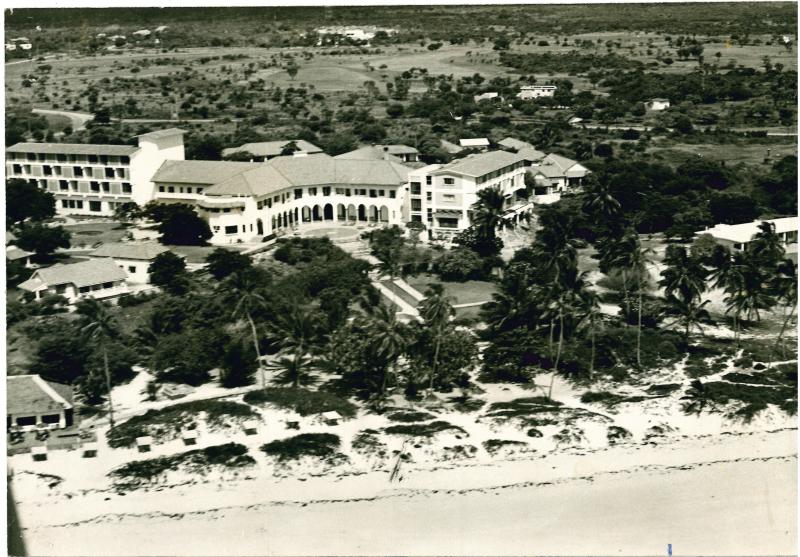×
The Standard e-Paper
Stay Informed, Even Offline

When a British couple decided to sell their home in Surrey to invest in Nakuru, little did they know this would put them asunder.
It all started in 1911 when Tom Begbie decided to migrate to Kenya in the hope that the Great Rift Valley would transform him into a millionaire. His plans were to sail out first, and then his wife and their two children would follow later.